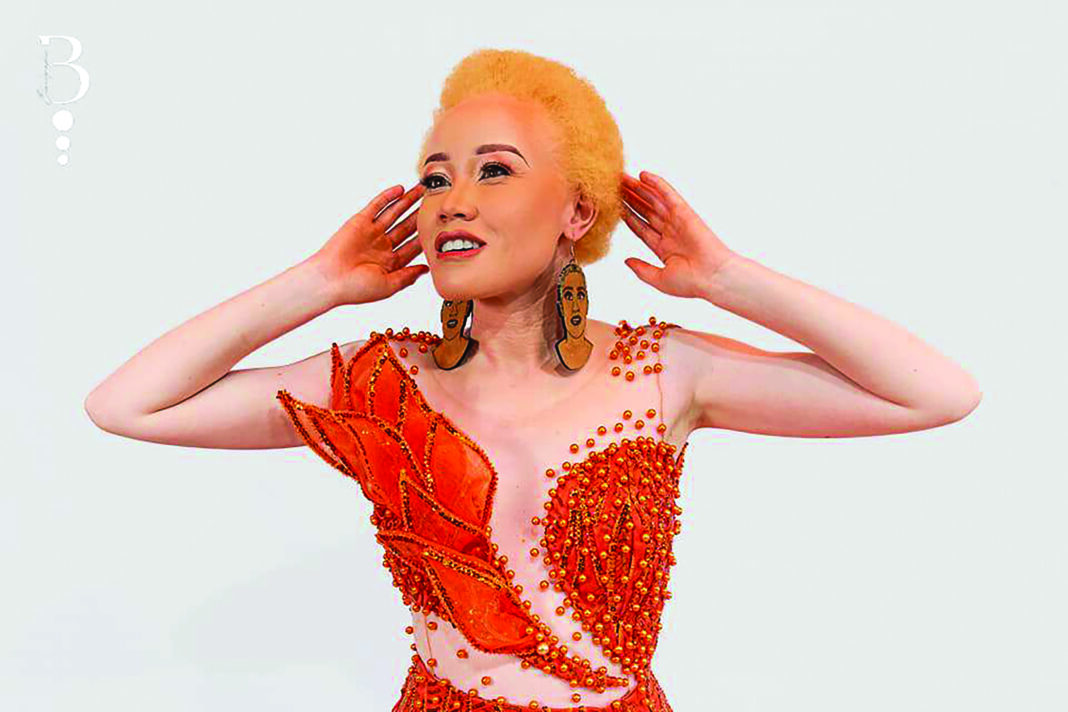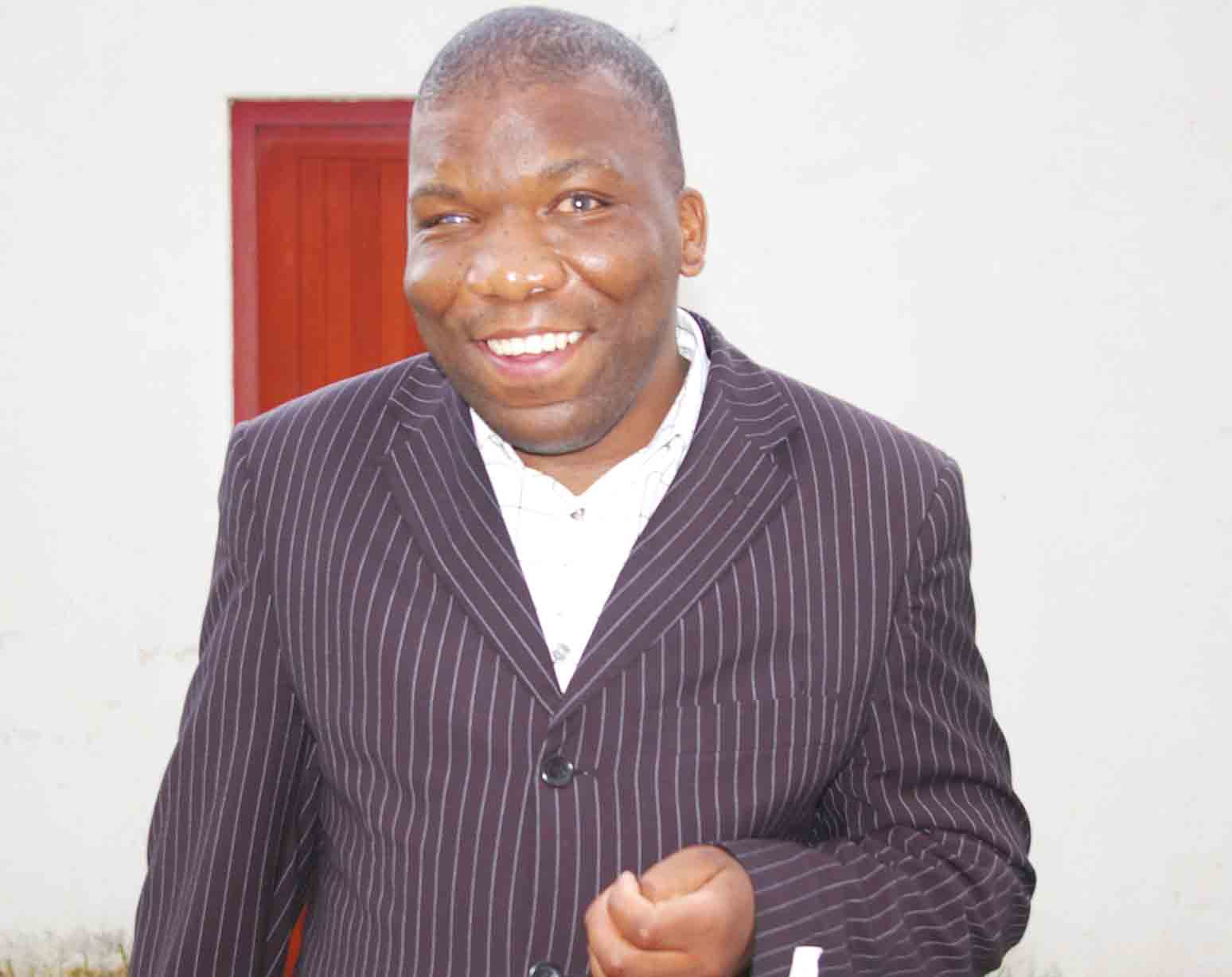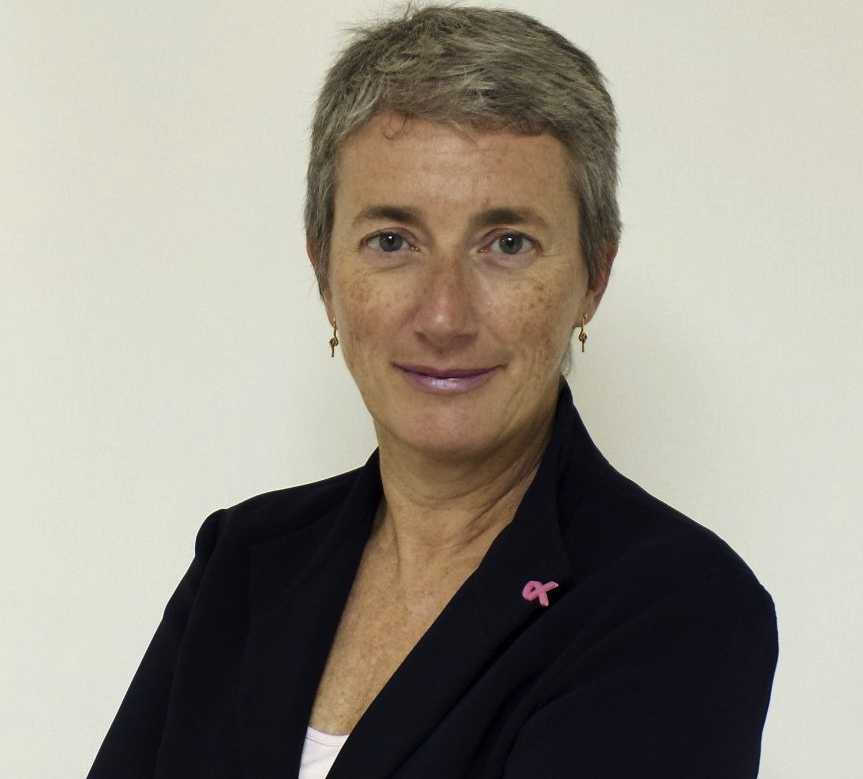Ntsoaki Motaung
In a world where every individual is entitled to social protection, the stark reality for persons with albinism in Lesotho paints a different picture.
Despite being recognised by the United Nations (UN) as individuals with disabilities, their access to essential benefits remains a distant dream in the Mountain Kingdom.
During her recent visit to the country, Muluka-Anne Miti-Drummond, the Independent Expert on the enjoyment of human rights by persons with albinism, shed light on the challenges faced by this marginalised community.
Despite the existence of socio-protection benefits in the country, she revealed a troubling truth: many persons with albinism are excluded from these benefits due to outdated perceptions and bureaucratic hurdles.
This is despite their daily essential needs, which remain out of reach for many due to pervasive poverty.
Miti-Drummond disclosed that this is because of visual impairment and the skin were not considered a severe disability.
“And also of the medical model that is used to assess accessibility to disability grants. And therefore many persons with albinism do not qualify for the disability grants,” she explained.
She said other grants as well such as the public assistance grant require a certain threshold, and require individuals to earn below a certain amount and many persons with albinism do not qualify for the public assistance grant even though they have several expenses such as the need to buy sunscreen and highly expensive eyeglasses and visual aids.
Miti-Drummond said Lesotho signed the Protocol to the African Charter on Human and Peoples’ Rights on the Rights of Persons with Disabilities in Africa, a significant milestone.
She emphasised the importance of this document for persons with albinism, highlighting its explicit recognition and acknowledgment of persons with albinism as individuals with disabilities across the continent.
Meanwhile, Miti-Drummond’s preliminary recommendations underscore the urgency for government action.
She advocated for the inclusion of persons with albinism as a vital part of the key vulnerable groups in social development assessments, ensuring their access to essential social protection benefits.
Furthermore, she proposed the implementation of quotas for persons with disabilities in employment recruitment, with specific consideration given to persons with albinism.
Additionally, Miti-Drummond emphasised the critical need to include sunscreen in the national essential medicines list, facilitating its widespread availability through the public health system. This strategic measure aims to ensure equitable distribution, reaching even the most remote rural areas.
Moreover, she called for subsidies to be provided for visual devices tailored to the needs of persons with albinism, recognising the financial barriers they face in accessing these essential aids.
On the other hand, ‘Malekhotla Mahooe, an impassioned activist for people with albinism, highlighted the urgent need for widespread education and awareness in Lesotho.
Mahooe underscored that many citizens still lacked knowledge and understanding of albinism, often remaining indifferent until personally affected by it, either through their own child or that of a close friend.
She emphasized the transformative power of familiarity, asserting that when people become acquainted with individuals with albinism, it fosters empathy and enables them to advocate for their rights to the same extent as others.
Tragically, discrimination against persons with albinism persists, particularly in remote and inaccessible areas. “This happens mostly in the hard-to-reach areas where parents still hide their children, denying them their right to education,” she said.
Mahooe revealed that parents in these regions often conceal their children with albinism, depriving them of their fundamental right to education and perpetuating the cycle of ignorance and marginalisation.
Moreover, Mahooe shed light on the socioeconomic challenges faced by families with members who have albinism.
Born into poverty-stricken households, she explained that these individuals often lack access to basic necessities such as sunscreen and eyeglasses. As a result, they are further marginalised and struggle to fulfill their potential.
“They fail to attend school because they cannot afford spectacles to help them see properly because most if not all people with albinism are also visually impaired,” she said.

Your Trusted Source for News and Insights in Lesotho!
At Newsday Media, we are passionate about delivering accurate, timely, and engaging news and multimedia content to our diverse audience. Founded with the vision of revolutionizing the media landscape in Lesotho, we have grown into a leading hybrid media company that blends traditional journalism with innovative digital platforms.












